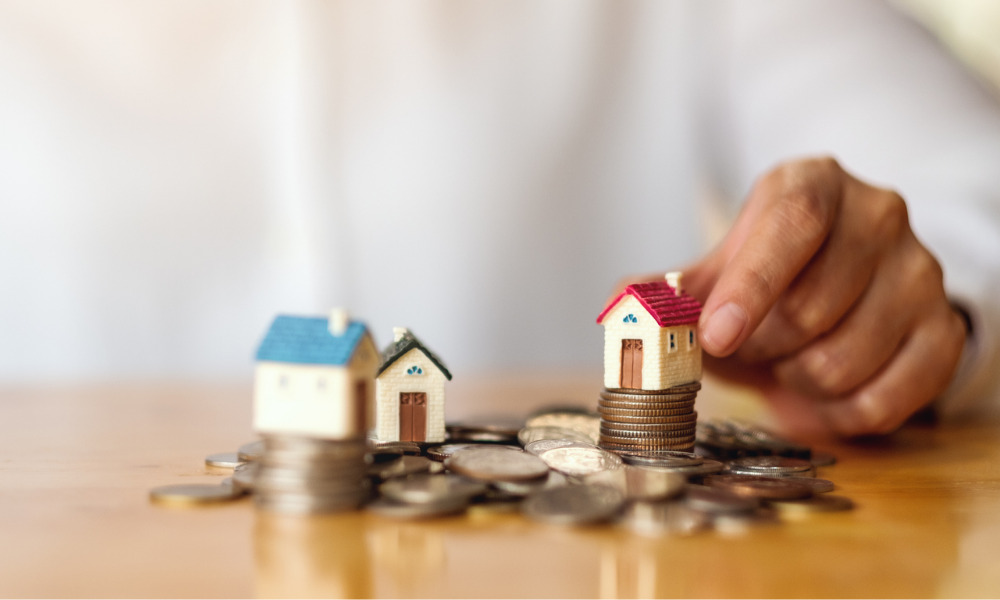Interest rate increases yet to dampen buyer appetites

The gap between the price paid by mortgage and cash buyers has widened by almost £7,000 when compared to the pre-pandemic market, research by specialist property lending experts Octane Capital has revealed.
Prior to the pandemic, the average cash buyer was spending £220,696, while the average mortgage buyer was spending £20,623 more at £241,319 – 9.3% more than their cash counterparts.
Octane Capital said this is far from unusual, as the stronger position of a cash buyer will often see them secure a discount in exchange for a smoother, faster sale.
However, the lender noted that since the start of the pandemic, the combination of a property market boom and the continued affordability of borrowing has seen this gap widen, especially in some areas of Britain.
Read more: What’s driving the UK’s mortgage market?
Latest figures show that the average cash buyer in Britain is paying £263,468 while those backed by a mortgage are spending £290,785 on average. This means the gap between the two has widened to 10.4% or £27,317 – a 32% increase versus the pre-pandemic market gap.
In the South West, this gap has widened by 79%, the largest increase of all regions, with the average mortgage buyer paying £8,355 more now, compared to £4,670 prior to the pandemic.
The East Midlands, meanwhile, has seen this gap widen by 69%, with mortgage buyers paying almost £7,000 more now compared to pre-pandemic mortgage price premiums. Wales (65%), Yorkshire and the Humber (56%) and the West Midlands (49%) have also seen the gap in the price paid by cash and mortgage buyers widen significantly, but there is one region that goes against the grain of this market trend.
Pre-pandemic, a mortgage-backed homebuyer in London was paying just over £30,000 less than those coughing up the cash. While the pandemic property market boom has seen this gap reduce, today they are still paying £25,000 less on average.
“The price premium paid by those utilising a mortgage in order to purchase has grown substantially wider since the start of the pandemic, and this is no doubt due to the manic market conditions caused by the pandemic property market boom,” Jonathan Samuels, chief executive at Octane Capital, remarked.
“Not only has the cost of borrowing remained relatively low, but stock shortages have pushed buyers to offer above and beyond in order to secure a property. It seems they’ve continued to do so this year, undeterred despite a string of base rate increases from the Bank of England.”
The bank has recently raised interest rates to 1.25%, the fifth consecutive time it has implemented an increase since December 2021.
Read more: Bank of England issues latest rate announcement.
“We have seen many lenders start to reduce their range of products and tighten their lending criteria both in response to these interest rate increases, and in anticipation of further hikes down the line,” Samuels noted.
“As a result, we expect those homebuyers backed by a mortgage to approach the market more conservatively throughout the remainder of this year and this should reduce the price premium being paid when compared to cash buyers.”



